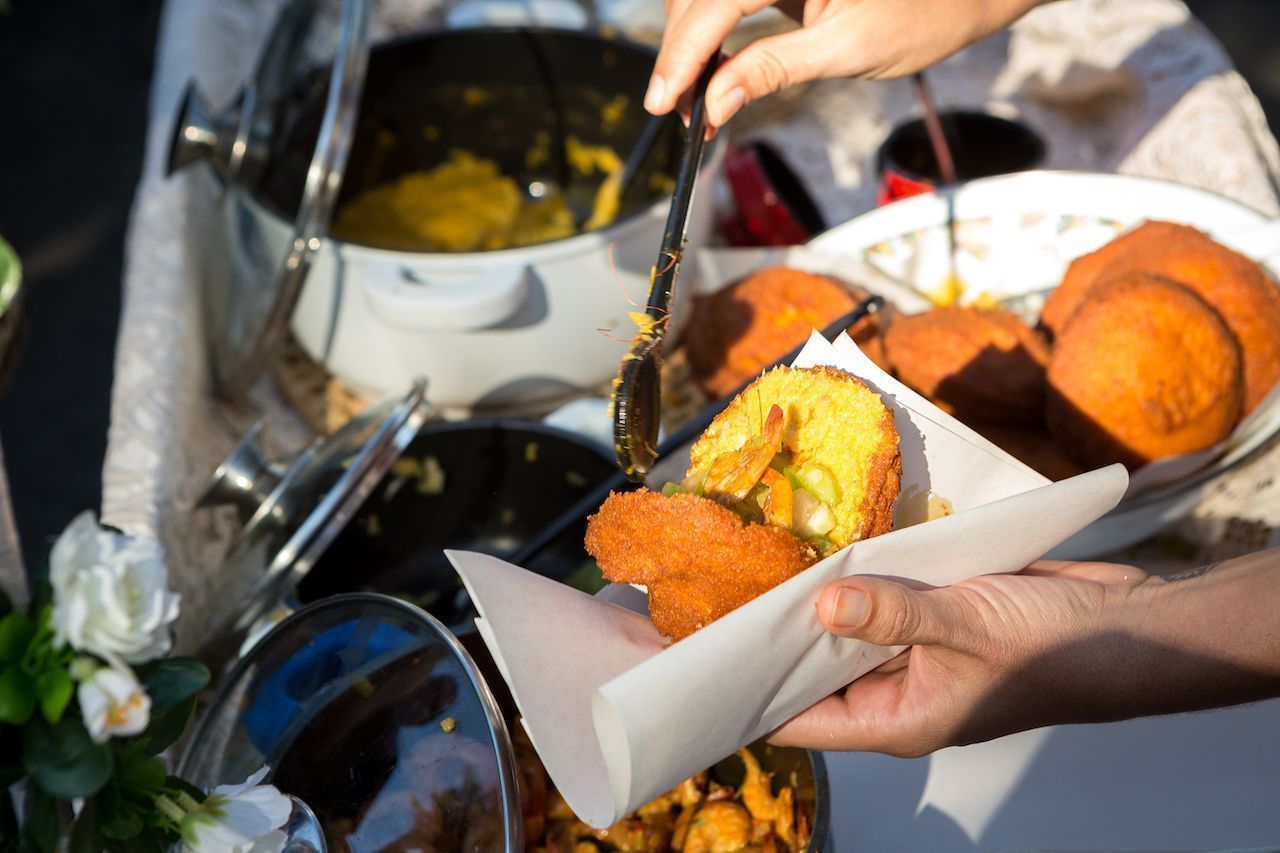As part of my voyage of the heart to heal from the sudden loss of my mother, Grace, I headed far afield to Brazil, a country she loved wholeheartedly yet never visited. During my mission to forget her passing, I encountered many a reminder of her aliveness, the dishes she cooked, and the tales she told of the place she was born: Nigeria.
I arrived in time for Rio Carnival, which promised samba, pulsating revelry, and splashes of glitter. But the world’s grandest street party also brought me closer to a dish that defined my childhood. Feijoada — greasy, delightful black bean stew — ferried me right back to my mother’s rumbling African kitchen.



